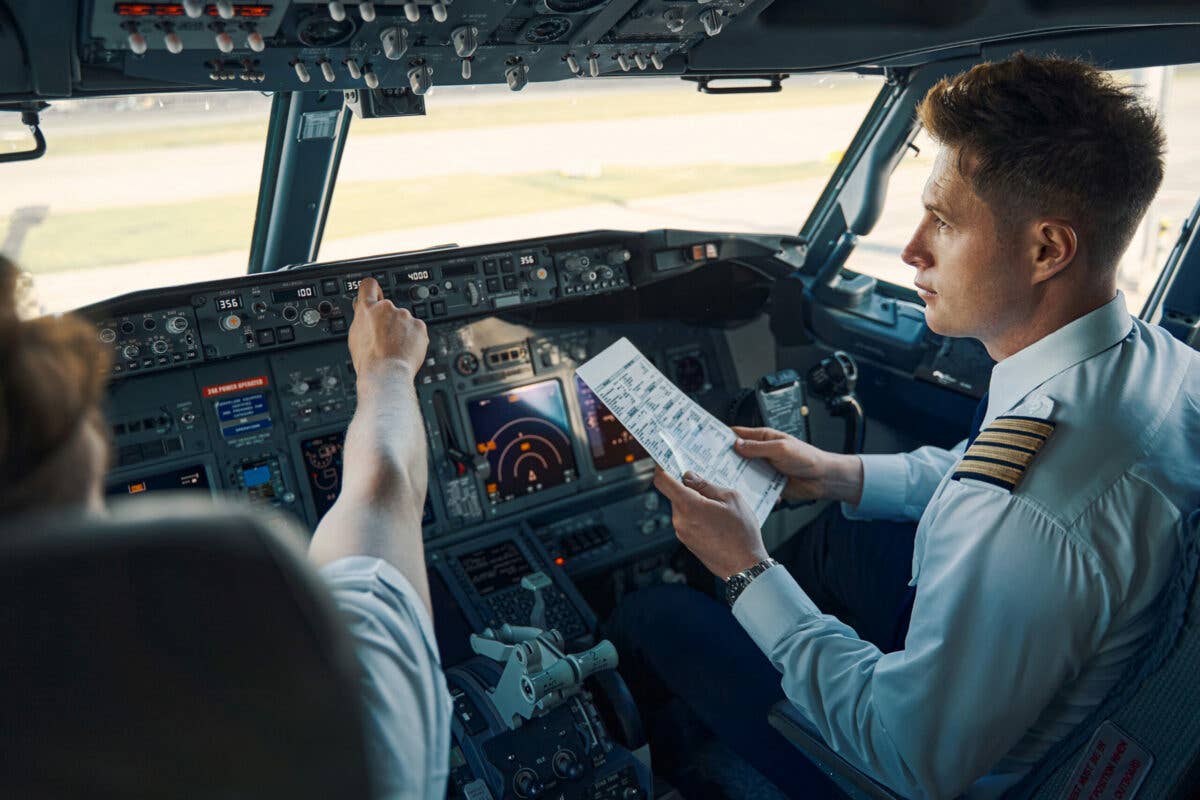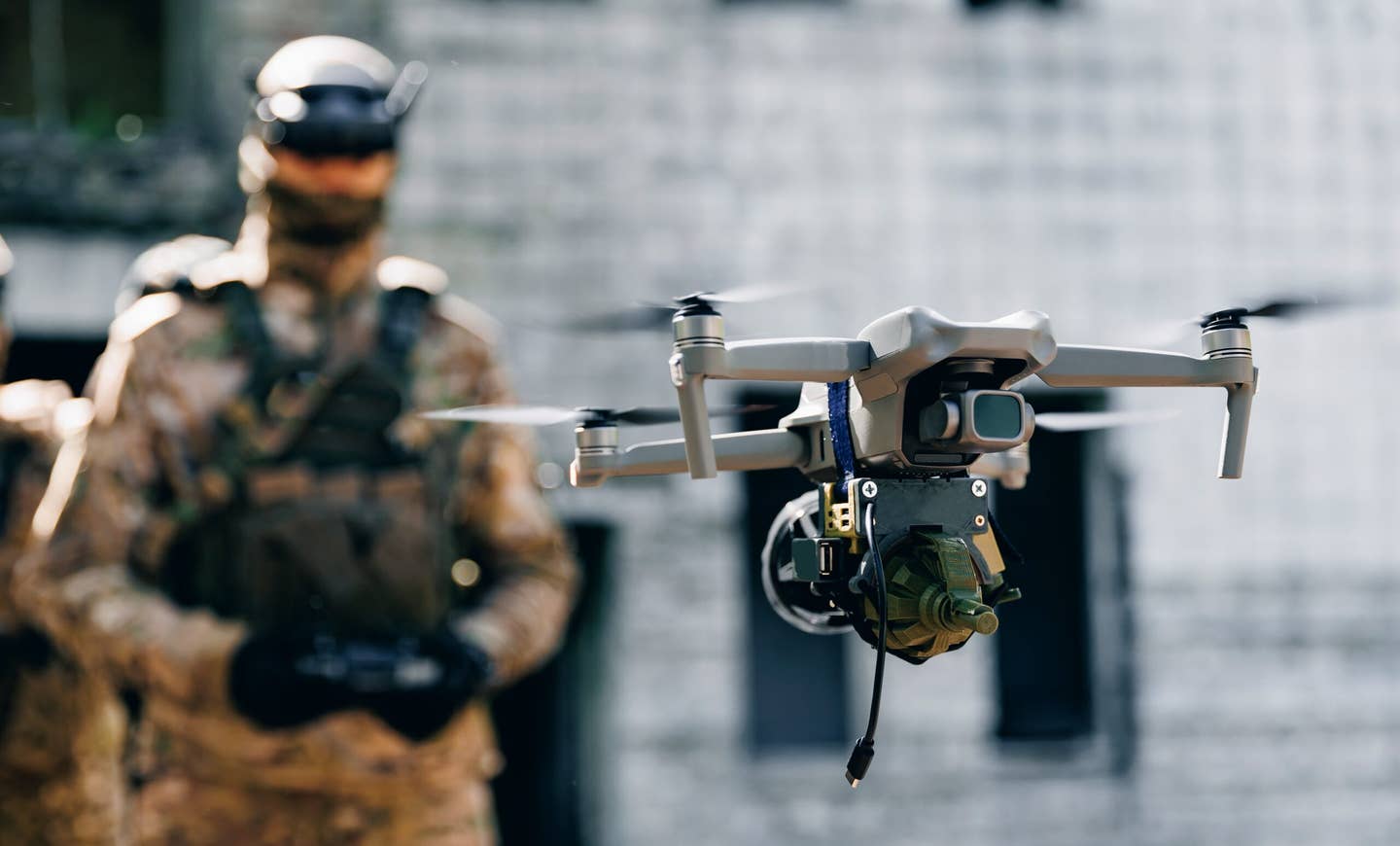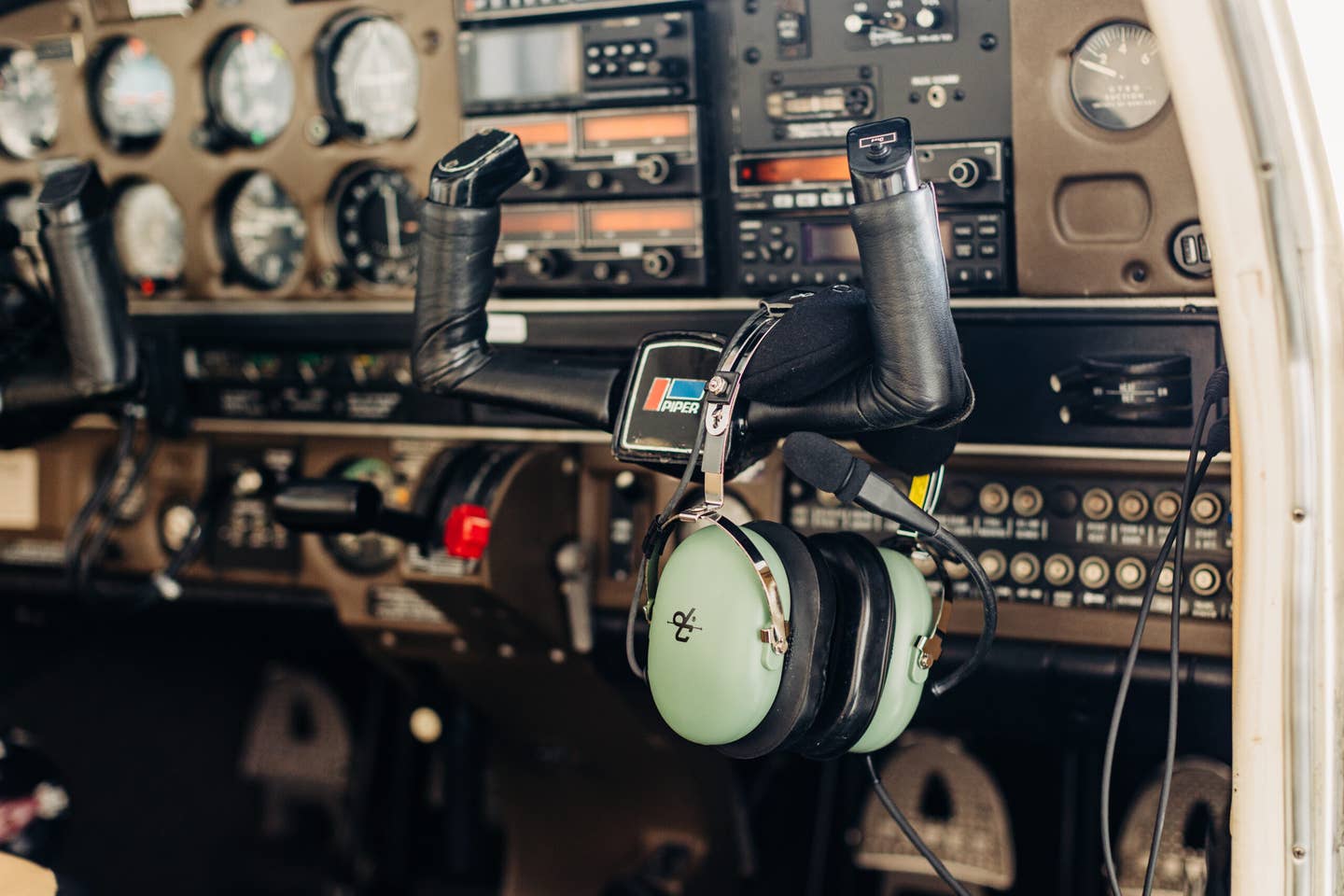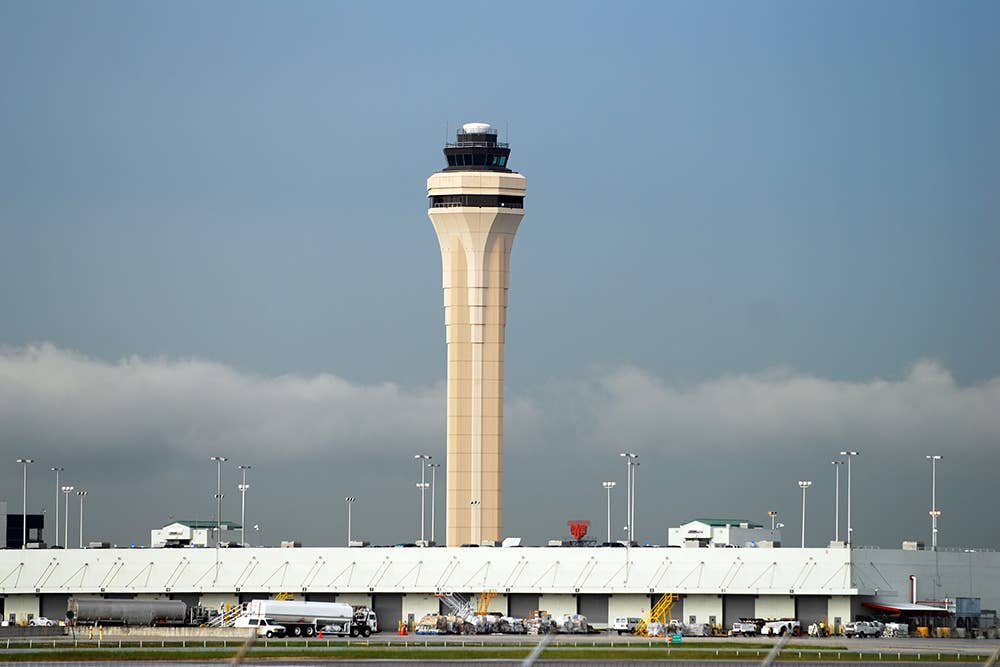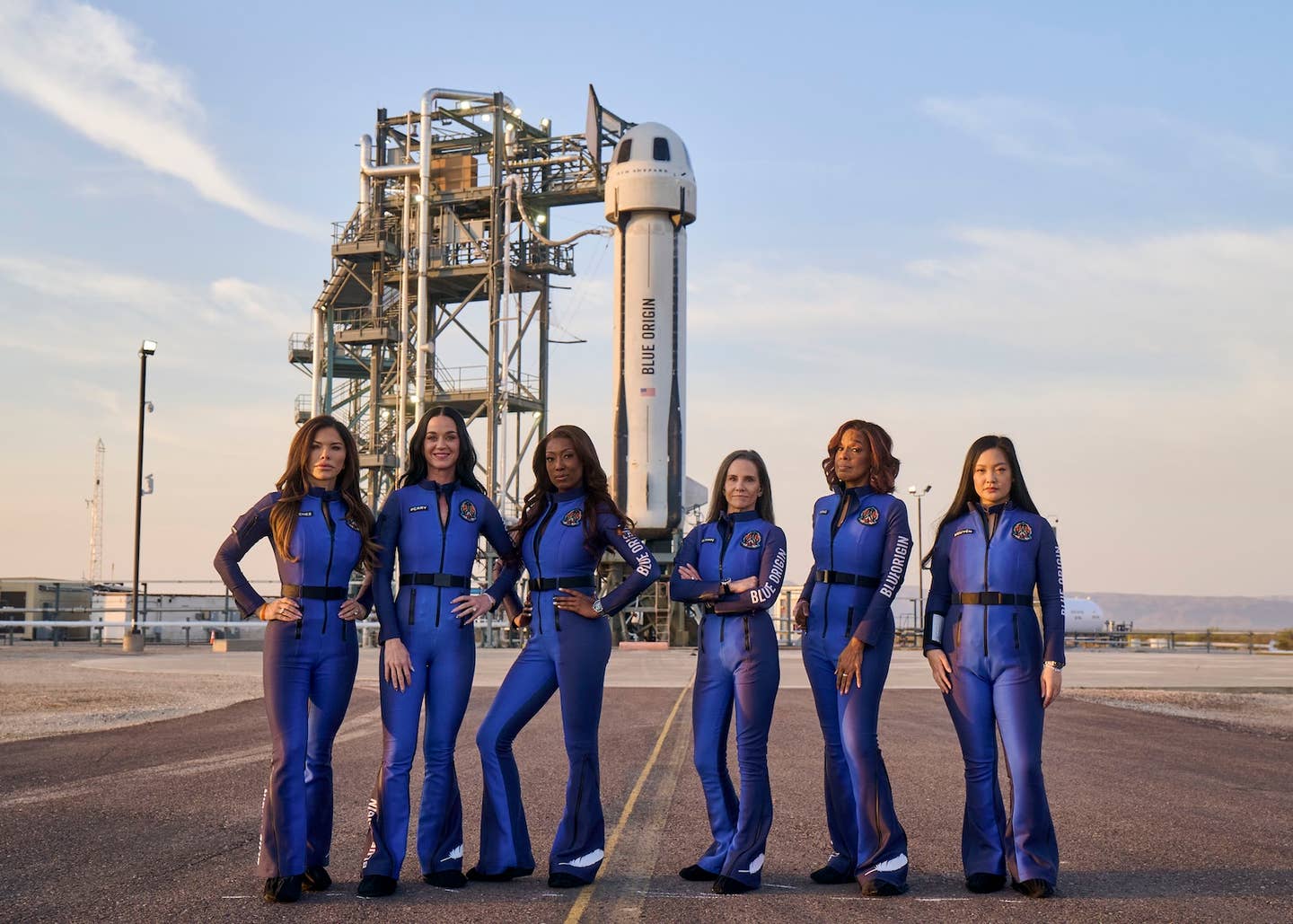Joby Secretly Bought a Hydrogen-Electric Aircraft Developer
California-based air taxi developer Joby Aviation confirmed to FLYING that it secretly purchased German hydrogen-powered aircraft developer H2Fly.
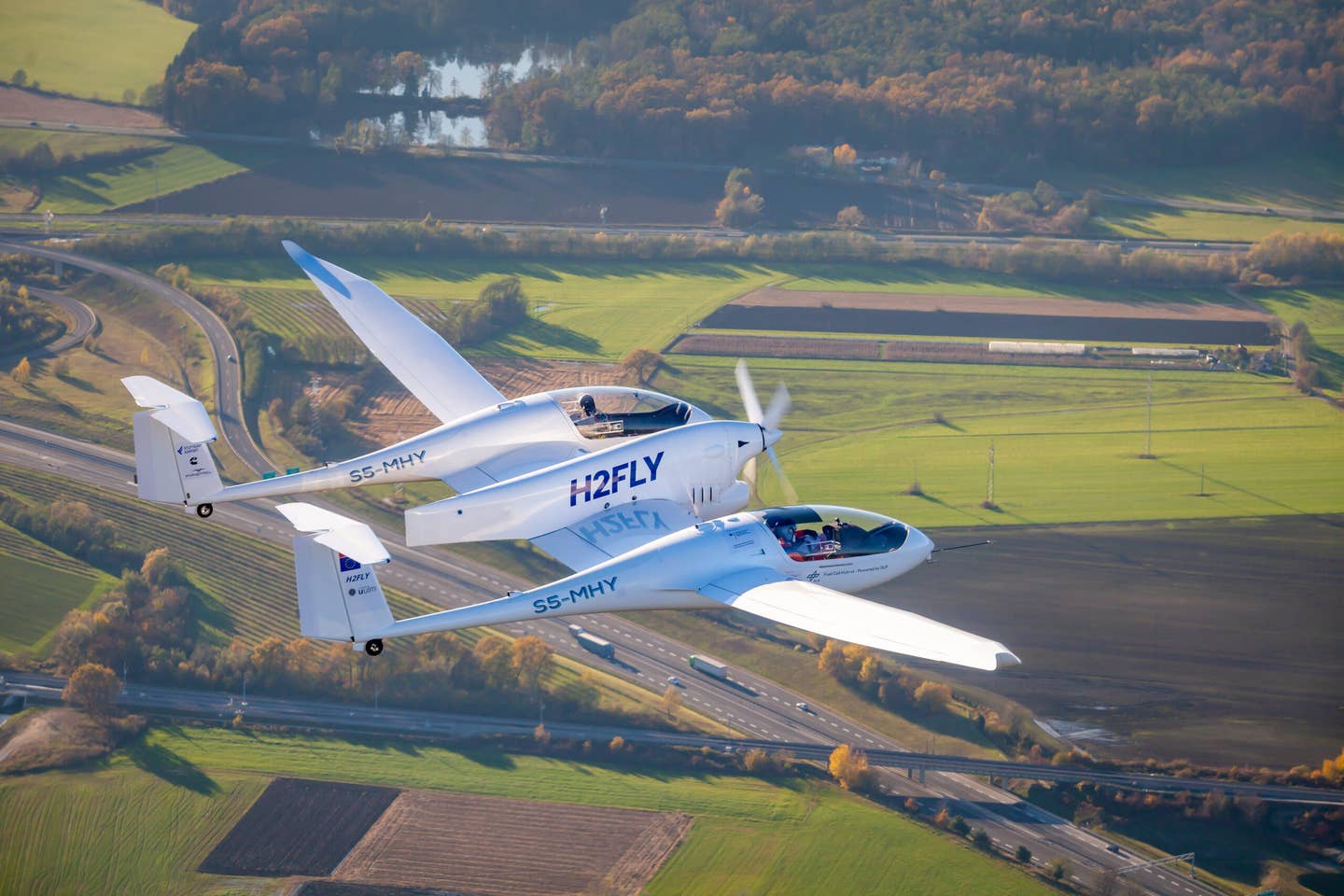
H2Fly’s four-seat HY4 aircraft is being used as a test platform for further development of hydrogen-electric propulsion systems. [Courtesy: H2FLY]
Joby Aviation (NYSE: JOBY), which is currently test flying a battery-powered electric vertical takeoff and landing (eVTOL) aircraft, apparently has been actively exploring operating hydrogen-electric aircraft as well.
The California-based air taxi developer confirmed to FLYING late Wednesday it secretly acquired German hydrogen-powered aircraft developer H2Fly in 2021. The revelation was first reported by The Air Current.
The move signals Joby’s long-term strategy may include aircraft powered by hydrogen fuel cells, in addition to air taxis with powertrains driven by lithium-ion battery arrays.
Joby founder and CEO JoeBen Bevirt has been hinting that hydrogen-electric powertrains should be part of the aviation industry’s mission to provide safe, quiet, and zero-emission air transportation.
“In the decades to come, battery electric and hydrogen-electric propulsion systems will allow us to build aircraft that are cheaper to operate, quieter, and bring us much closer to net zero emissions,” Bevirt told the House Transportation and Infrastructure Committee last March. “For the sake of the planet and future generations, it is critical that the government continue to prioritize these technologies.”
“Battery electric is only valuable when you want to move across town or between cities that are close together,” Bevirt told Bloomberg's Ed Ludlow from this week’s UP.Summit in Arkansas. “When we want to move around the planet, the solution is hydrogen-electric. Hydrogen is three times higher in specific energy than jet fuel.”
Is Bevirt hinting that Joby is interested in developing zero emission long-range aircraft? Joby declined further comment to FLYING regarding its H2Fly acquisition.
Last April, as FLYING reported, H2Fly said it set a world altitude record for a hydrogen-powered passenger aircraft when it flew its demonstrator HY4 to 7,230 feet. H2Fly’s four-seat HY4 aircraft is being used as a test platform for further development of hydrogen propulsion systems.
The company hopes that this development will help lay a foundation for a hydrogen-electric-powered, 40-seat Dornier 328, which H2Fly says will be developed jointly with Deutsche Aircraft by 2025.
Hydrogen fuel cells produce electricity without combustion or emissions, similar to conventional batteries. However, unlike car batteries, they don’t run down or need to be recharged as long as they’re fed hydrogen and oxygen.
Joby—which says it expects FAA certification of its battery-powered air taxi in time to enter service in 2024—may well have the financial resources to explore a new hydrogen-electric platform. Backed by Toyota (NYSE: TM) and Uber (NYSE: UBER), Joby’s on-demand airline is expected to piggyback off of Uber’s popular rideshare app.
Joby announced last month it had received a Part 135 air carrier certificate from the FAA to start on-demand commercial air taxi operations. Pending certification of its eVTOL, Joby intends to operate with conventional fixed-wing Cirrus SR22s.
FLYING’s Ashley Barajas contributed to this report.

Sign-up for newsletters & special offers!
Get the latest FLYING stories & special offers delivered directly to your inbox

